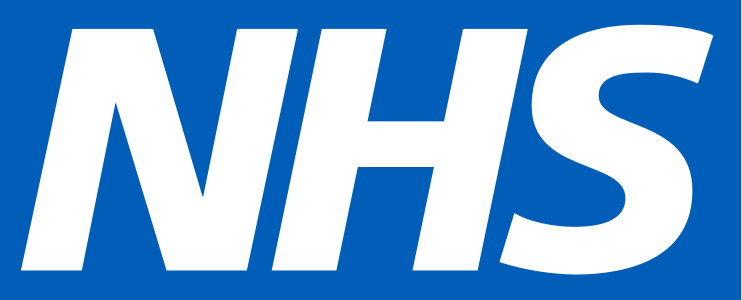The only lesson.

7 murdered babies. Attempts to murder 7 more.
A hospital’s reputation in ruins.
(Oh – and another inquiry to report on all the lessons to be learnt. Like the ones not learnt from previous inquiries. Just as these ones won’t be.)
It is not too cynical to say that care for the hospital’s reputation – rather than investigating serious concerns about staff responsible for babies in their care – was almost certainly one of the main reasons why senior NHS managers, many of them trained doctors and nurses, sought over a year to dismiss and disregard repeated concerns and red flags raised by doctors about Lucy Letby, the nurse found guilty of those murders.
They didn’t just ignore them. According to this Panorama report, they warned off the doctors, threatening them with “consequences“, including possible referral to the GMC. A line had apparently been crossed by daring to criticise a nurse described as “nice Lucy“. After two triplets died, duty executive Karen Rees, who refused to take Letby off duty against the wishes of 7 consultant paediatricians, was asked if she would take responsibility for anything that might happen to other babies and replied “yes“. We will learn now, won’t we, what value to place on that “yes“.
Why do senior executives do this? To protect the institution’s reputation is the usual reason. It never works. When you fail to look into concerns when first raised – and it really doesn’t matter which sector you’re in – the NHS, the police, banks, the press, Parliament, the army, the Guides, churches, the Post Office, oh just about anywhere, let’s face it – these are the consequences:
- A small problem turns into a bloody big crisis.
- You trash your reputation.
- You lose trust.
- You’ll be clearing up the mess for years.
- It will take longer than you can possibly imagine to rebuild that trust. Do not fool yourself into believing that quickly shuffling some people around (even out), some shiny new procedures and training, no matter how brilliant, will do it.
It is not the first time the NHS has got itself into these sorts of difficulties. Its treatment of whistleblowers has long been appalling. Similar events happened – and for many of the same reasons – at the Gosport War Memoral Hospital (see my commentary here on the June 2018 report). And that is only one of many. NHS management seems utterly oblivious to The Public Interest Disclosure Act 1998. The NHS – like the police – is one of those sacred cows that confuses the importance of its function with the importance of the institution and the egos of those running it, focused on their Key Performance Indicators (none of which would have included “murders solved“). This is a fatal flaw, inimical to the establishment of a healthy work culture. Politicians – those available in the foreseeable future anyway – are unwilling or unable to challenge or change this.
There is another reason why senior staff behave like this.
Cowardice.
Taking a concern seriously means exercising judgment and taking action. The judgments to be made will be difficult. There is no procedure which can act as a substitute for good judgment. The actions needed will often be tough. So it is easier – much easier – to do nothing (or the minimum you think you can get away with) and tell those bringing unwelcome news to keep quiet.
Senior staff would do well to remember these words:
“All organizations have bad apples but what an organization ….. also has is well paid and exquisitely educated bosses, part of whose job is to spot these bad apples and, if they are spotted, deal with them.”
Who said this? Andy Webb, the BBC journalist, who uncovered the story of how Martin Bashir and Panorama (oh, the irony!) got that interview with Diana, in May 2021. He said about the bosses who failed to do anything about the ethical breach they knew had happened: “It’s my feeling the bosses were not brave enough …. and it prompted the cover up.”
Not brave enough. That’s the only lesson to learn right there.